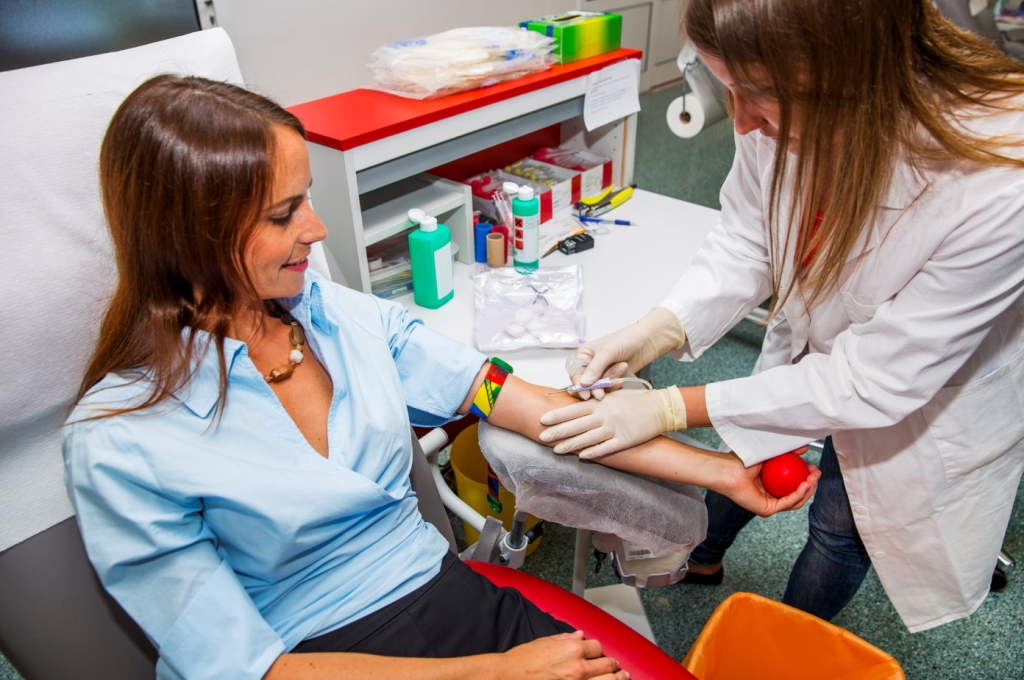Mastering Phlebotomy: Your Essential Guide to On-the-Job Training Success
Phlebotomy, the practice of drawing blood for tests, transfusions, donations, or research, is a critical component of the healthcare system. As a phlebotomist, you help ensure accurate diagnoses and effective treatments. Whether you’re an aspiring phlebotomist or already in the field, mastering on-the-job training is essential for your success. In this guide, we’ll explore the intricacies of phlebotomy, offer practical tips, discuss the benefits of effective training, and share personal experiences to help you excel in your career.
The Role of a Phlebotomist
Understanding what phlebotomists do is vital to mastering the profession. Here’s a quick breakdown of their primary responsibilities:
- Collecting Blood Samples: Ensuring safe and efficient blood draws from patients.
- Maintaining Equipment: Properly handling needles, vacutainers, and other phlebotomy tools.
- Patient Interaction: Communicating effectively to ease patient anxiety and explain procedures.
- Labeling and Transporting Samples: Ensuring specimen integrity during transport to laboratories.
- Following Safety Protocols: Adhering to industry standards for hygiene and safety.
Benefits of On-the-job Training
On-the-job training is essential for any phlebotomist. Here are some key benefits:
- Real-World Practice: Hands-on experience is invaluable for mastering techniques.
- Clinical Environment Familiarity: You learn how to work efficiently within a hospital or clinic.
- Mentorship Opportunities: Direct interaction with experienced professionals allows for learning from their expertise.
- Patient Interaction Experience: Develops your communication skills and helps build rapport with patients.
Practical Tips for Success in Phlebotomy
Here are some practical tips to help you succeed in your on-the-job training:
- Learn the Anatomy: familiarize yourself with common veins and the anatomy of the arm.
- Practice Proper Techniques: Use practice arms or simulations before working with real patients.
- Communicate Effectively: Always explain procedures to patients to make them pleasant.
- Stay Updated: Keep current with industry standards and new techniques.
- Network with Colleagues: Join phlebotomy forums and groups for support and resources.
Case Studies: Lessons Learned
Learning from real-life experiences can substantially enhance your skills. Here are two case studies illustrating the importance of on-the-job training:
| Case Study | Key Lessons |
|---|---|
| Case Study 1: Handling a Difficult Patient | Effective communication and patience helped ease the patient’s anxiety, resulting in a prosperous blood draw. |
| case Study 2: Correcting a Mistake | Learning to identify and resolve errors quickly is crucial for maintaining high standards of care. |
First-Hand Experience
As someone who has undergone extensive training in phlebotomy, here are some insights I wish I had known:
during my first week, I felt overwhelmed by the amount of data and the fast-paced environment. However, by establishing good relationships with my colleagues, I gained confidence. They offered invaluable advice that improved my technique and boosted my self-esteem. The moast critically important takeaway: Don’t hesitate to ask questions; it’s the best way to learn and grow!
Importance of Continuing Education
Phlebotomy is an evolving field. It’s essential to stay on top of new developments and technologies through ongoing education. Consider pursuing additional certifications or attending workshops to enhance your skills further.
Conclusion
Mastering phlebotomy is a journey that involves thorough training and a commitment to continuous enhancement.By embracing the practical tips provided in this guide, learning from real-world case studies, and sharing experiences with peers, you can achieve success in your phlebotomy career. Remember,becoming an extraordinary phlebotomist is not just about technical skills; its about compassion,communication,and the confidence to handle challenging situations. Start your journey today and ensure that you become a vital member of the healthcare team!
